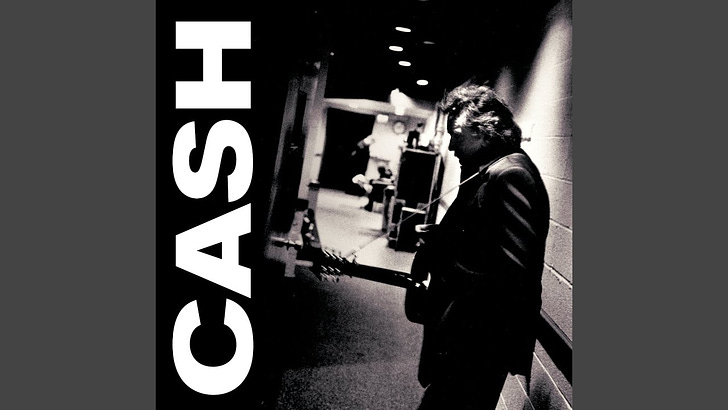

Discover more from Depresh Mode
Plants, imposters, and whether you are in a Nazi bar
Again, multiple items, not the storyline of a weird spy movie
Hey
If you get something out of this newsletter or the Depresh Mode podcast, I would appreciate your financial support. Go here, pick a level that works for you, then select DEPRESH MODE from the list of shows. And thank you.
Check out this jerk of the pond
Plants can be gentle and soothing but they can also be mean dicks to the other plants.
Stupid walks for stupid mental health
I can’t pretend to fully comprehend Tik Tok beyond it being a place where people make funny videos that reveal details about their lives to a company that suppresses information about Chinese internment camps.
And it has trends. Such as people taking very grumpy strolls for their mental health.
I can’t get the Tik Tok videos to embed so here are some from YouTube.
I don’t… okay.
Anyway, that’s what people are doing. Yay mental health?
Someone is going to blow the whistle on this newsletter and expose me as the fraud that I am
At least part of me thinks that, of course, because of Impostor Syndrome. Some folks at Harvard (the Harvard of colleges) say they can do something about it with a new plan that involves acronyms.
Immunity to Change (ITC) is a learning process developed by the Harvard University Graduate School of Education faculty's Robert Kegan and Lisa Lahey. Informed by 30 years of research on adult development, ITC addresses the challenge of behavioral change being generally difficult to achieve. Using the psychological dynamic of "competing commitment," ITC proposes that the failure to achieve personal goals is due to activation of the "emotional immune system," which is designed to protect individuals from the negative consequences of personal change (e.g., shame, disappointment), rather than being due to lack of determination or willpower.
Another key concept in Immunity to Change is "big assumptions"—the assumption(s) underlying the stories or beliefs that people accept as reality or treat as truths and keep perpetuating their Immunity to Change. The challenge for most people is to uncover their big assumptions. This is when Schema Therapy comes into play. The concept of "schema" corresponds to the concept of the big assumption in ITC. Hence, the term "lifetraps"—a pattern that starts in childhood and reverberates throughout life, is also used when referring to schemas. Similarly, big assumptions are deeply rooted beliefs that people have about themselves and the world, which they've long held close—since childhood.
Sooooo… not exactly something you can pull off at home. Might need some Harvards to start with. But if it can be democratized (before they catch and expose you), could be good.
Should I be writing a Substack? Should you be reading something on here?
Article in the Guardian indicates that things might be grosser in this neighborhood than either of us realized.


I don’t charge for this newsletter. I use it mainly to promote my podcast and other projects as they come along. If I did, I doubt I’d make 2.5 million dollars.
















John, John, John………I just looked at my Ravelry account projects and I got ‘likes’ on my projects. Does that make me not an imposter anymore? Guess not. (Felt good though)